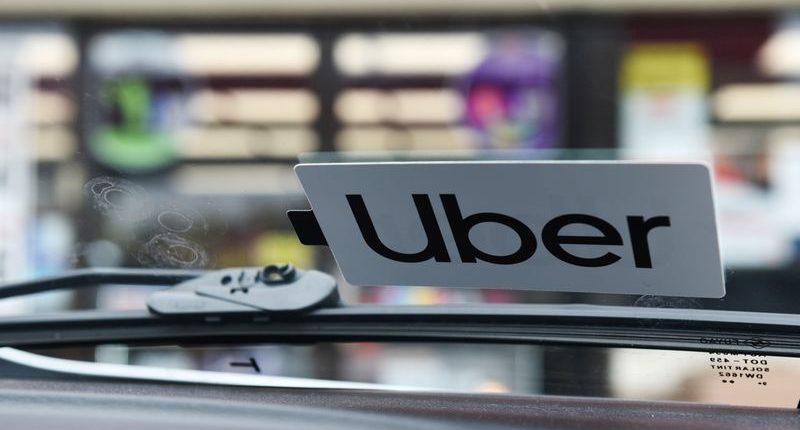The food delivery business is downright cruel, and punishes those who can’t form alliances. Uber, keeping this in mind, has acquired competitor Postmates in a historical deal valued at $2.65 billion. Now, the company will use Postmates’s presence in the food industry, along with its technology, to fuel its own food delivery platform, Uber Eats.
Rumours about a possible acquisition have been doing the rounds of newsletters around the world from the past week. Yesterday, more financial details emerged, with forecasts of Uber’s confirmation dropping some time today. Finally, all those rumours and guesses have come to fulfillment, as Uber finally confirmed the deal.
Uber states that both the companies have agreed to a deal, or which Uber currently expects to issue some 84 million shares of common stock.
“Uber and Postmates have long shared a belief that platforms like ours can power much more than just food delivery—they can be a hugely important part of local commerce and communities, all the more important during crises like COVID-19. As more people and more restaurants have come to use our services, Q2 bookings on Uber Eats are up more than 100% year on year. We’re thrilled to welcome Postmates to the Uber family as we innovate together to deliver better experiences for consumers, delivery people, and merchants across the country,” said Uber CEO Dara Khosrowshahi in a statement.
“Over the past eight years we have been focused on a single mission: enable anyone to have anything delivered to them on-demand. Joining forces with Uber will continue that mission as we continue to build Postmates while creating an even stronger platform that brings this mission to life for our customers. Uber and Postmates have been strong allies working together to advocate and create the best practices across our industry, especially for our couriers. Together we can ensure that as our industry continues to grow, it will do so for the benefit of everyone in the communities we serve,” said Postmates co-founder and CEO Bastian Lehmann in his statement.
On the front end, not much would change. Postmates app would still work as it did before, unaffected by Uber Eats and receiving orders per usual. However, on the back end, some very interesting things are starting to take shape. First, and the most obvious change will be that Uber will make all the money now, both from Uber Eats and Postmates. Second, drivers will be able to deliver orders placed on either app, along with some backend technological changes.
Moreover, Uber notes that with this deal, it will shift its focus on ‘”Everyday Goods”, seeing how desperately the world needs its service. The tie up will see Uber Eats transitioning from a food delivery platform to a “almost everything delivering platform,” including groceries, clothes and personal care items.
Postmates is a rebound for Uber, which originally wanted to acquire GrubHub, but failed to do so. Instead, the company went to Just Eat Takeway and took home $7.3 billion. Going by the valuation alone, Postmates is a much smaller venture. However, Uber will take whatever it can get right now, especially in the COVID 19 affected market. Sales from the platform have been declining, and the impact of the falling economy is evident.
In a private equity round dated back to 2019, Postmates was able to qualify for a $2.4 billion valuation. However, Uber has decided to cut some slack for the dying company, and valued it at $2.65 billion, even amid a period of massive financial instability.
The Tech Portal is published by Blue Box Media Private Limited. Our investors have no influence over our reporting. Read our full Ownership and Funding Disclosure →






